An Interview with Dr. Humberto Boncristiano
InsideTheHiveTV, the Show about Bees Malcolm Sanford Growing up in a beekeeping family, with a father as a commercial beekeeper near Sao Paulo, Brazil,…
Read MoreInsideTheHiveTV, the Show about Bees Malcolm Sanford Growing up in a beekeeping family, with a father as a commercial beekeeper near Sao Paulo, Brazil,…
Read More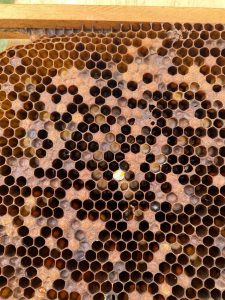
A Hobbyist’s Epxerience Charlotte Hubbard & Robert Candido Opening a hive and deeply breathing in the scent, seeing those shiny, curious faces staring back,…
Read MoreBerries & Honey Breakfast Granola Shana Archibald 3 cups of rolled oats 2/3 c of honey 2 tsp cinnamon 2 tsp baking powder 1/2…
Read More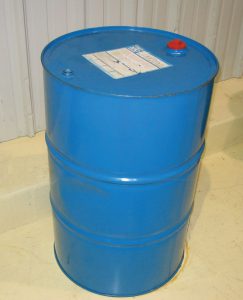
John A Fraser III1 The June 2021 Bee Culture included an article by Pamela Parker quoting a number of beekeepers and honey producers and…
Read More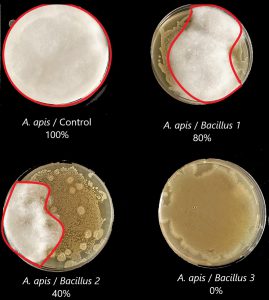
An Interview with Slava Strogolov Biologist at University of Wisconsin – Milwaukee Earl Hoffman Question: Please share your background. Why did you choose to…
Read MoreCalifornia Beekeeper From Mexico Ettamarie Peterson I first met Hector Alvarez at the Sonoma County Beekeepers’ Club (now an association) meetings twenty-eight years ago….
Read More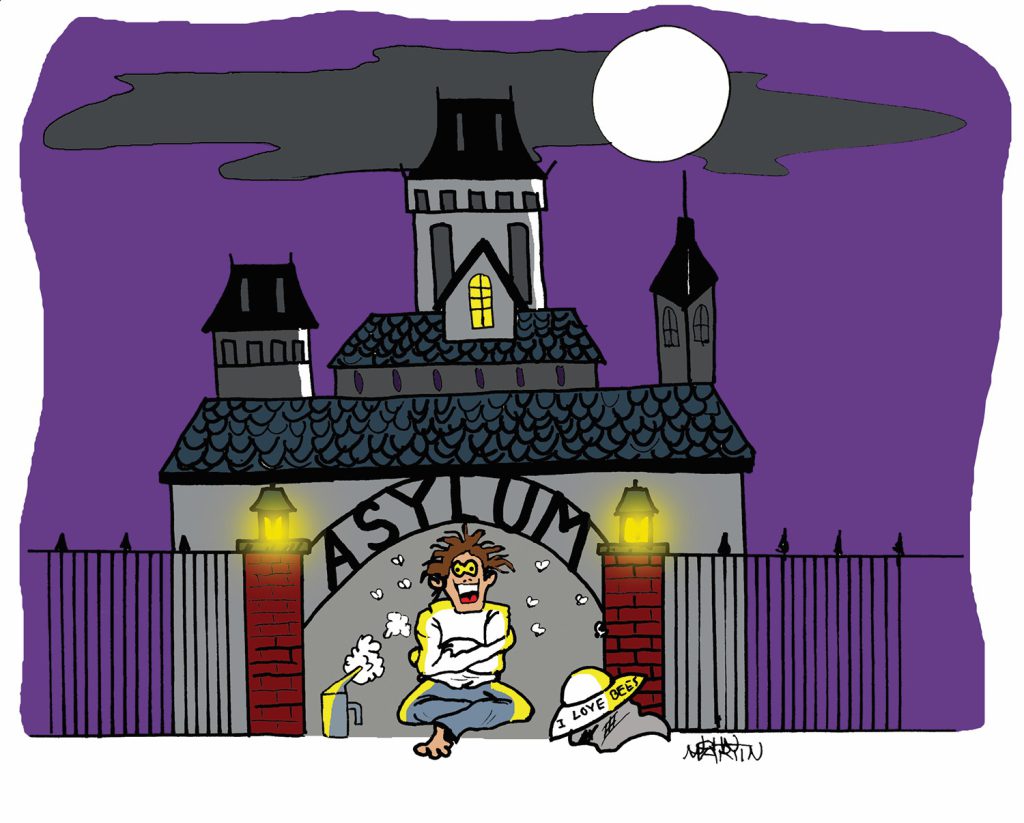
Stephen Bishop It used to be if you wanted to get into hobby beekeeping, first you planted a little garden, then you got chickens,…
Read MoreEd Simon The three parts of this collection are subsets of the 263 hints, definitions and informational tidbits gathered in over twenty years of…
Read More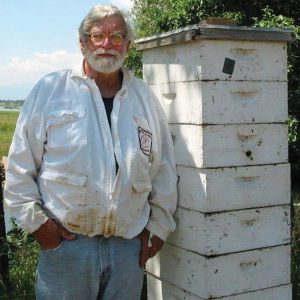
Tom Theobald Ed Colby The person who inspired me to start writing about bees 20 years ago was legendary Boulder, Colorado beekeeper Tom Theobald….
Read More
Smells Promising Jay Evans It is pretty obvious that Varroa mites love honey bees. This love is realized by the mites’ sense of touch…
Read MoreAn Interview with Benjamin Vasquez Jessica Lawrence For the interview edition, I wanted to put a highlight on beginner beekeepers. They face obstacles now…
Read More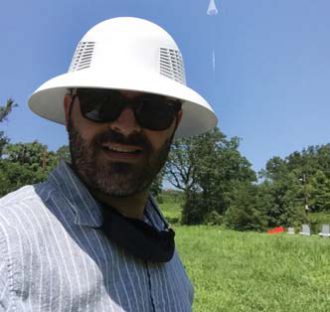
USDA-ARS Bee Research Laboratory By: Jay Evans This month I was eager to interview my USDA-ARS Beltsville Bee Research Laboratory colleague, Dr. Mohamed Alburaki….
Read More
University of Minnesota By: John Miller Bee Culture Magazine tasked contributors to interview a person in our industry. I have long admired Dr. Marla…
Read More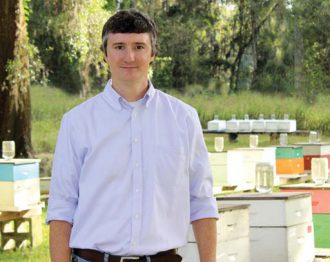
University of Florida’s Honey Bee Research and Extension Labratory By: Malcolm Sanford Meet Dr. Jamie Ellis, from the University of Florida’s Honey Bee Research…
Read More
A Bee Driven Mid-Life Crisis, Part 5 By: James Masucci Have you ever juggled? You can’t just focus on one ball; you must keep…
Read More
By: Malcolm T. Sanford
Read More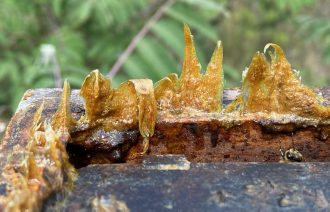
Propolis 10 Ways By: Becky Masterman & Bridget Mendel What is propolis? Etymologically, propolis derives from the Greek for “before the city” (pro=before, polis=…
Read More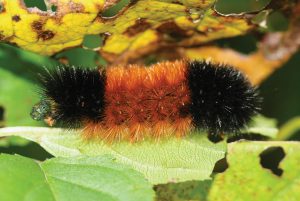
Kathy Summers Fall, Poultry and Happy Thanksgiving – So far here in Northeast Ohio Fall has not been very dramatic. We’re still having warm…
Read More
Queen Health The reproductive quality and health of a queen are essential to ensure colony growth. Clarence Collison Managed honey bee colonies face multiple…
Read MorePatricia Harness I have some great queens, three sets of sisters. Is it overly optimistic to expect their daughters to be great? What makes…
Read More